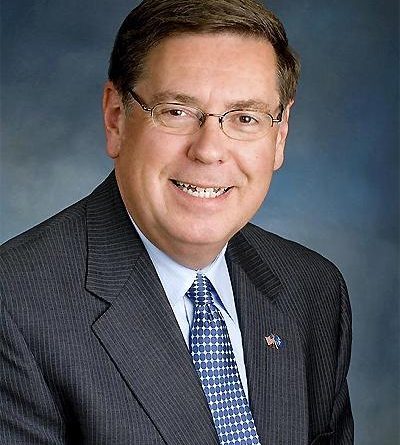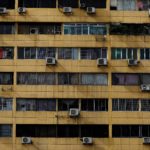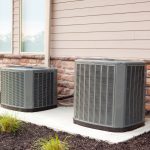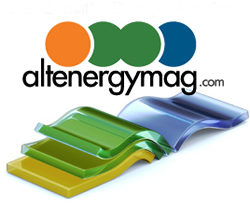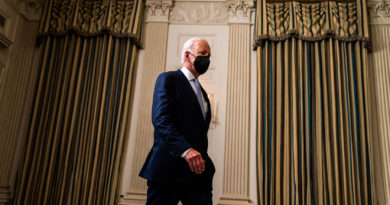COMMENTARY: Staying cool and saving green – Utica Observer Dispatch
Energy Disrupter

As we approach summer’s peak, there is no doubt that steamy weather and warmer temperatures are here. With that, it’s a great time to take steps to help you stay cool and keep energy bills in check.
Many individuals and families are spending more time indoors due to the COVID-19 pandemic and it is more crucial than ever to deploy strategies to save energy and beat the heat.
The New York State Department of Health is a terrific resource and has a full list of ideas to help combat extreme heat available online at https://www.health.ny.gov/environmental/emergency/weather/hot/.
The site includes links to several programs and other agencies including the Centers for Disease Control and Prevention (CDC) guidelines for exercising in the heat, the Home Energy Assistance Program (HEAP) Cooling Assistance Benefit that offers help for low-income households, and heat safety tips from the National Weather Service.
The New York Public Service Commission (PSC) and the New York State Energy Research and Development Authority (NYSERDA) have offered great tips over the years to help inform people about steps they can take to use less electricity but still keep cool.
Among the no-cost energy-saving measures:
• Close drapes, windows and doors on your home’s sunny side to reduce solar heat buildup;
• Turn off air conditioners, lights and other appliances when not at home and use a timer to turn on your air conditioner about a half-hour before arriving home. Use advanced power strips to centrally “turn off” all appliances and save energy;
• If purchasing an air conditioner, look for an ENERGY STAR qualified model. These models use up to 25 percent less energy than a standard one;
• Fans can make rooms feel five to 10 degrees cooler and use 80 percent less energy than air conditioners;
• Place your air conditioner in a central window, rather than a corner window, to allow for better air movement;
• Consider placing the unit on the north, east or the best-shaded side of your home. Your air conditioner will have to work harder and use more energy if it is exposed to direct sunlight;
• Clean the cooling and condenser fans plus the coils to keep your air conditioner operating efficiently and check the filter every month and replace as needed;
• Use appliances such as washing machines, dryers, dishwashers and ovens early in the morning or late at night. This will also help reduce humidity and heat in the home;
• Microwave food when possible. Microwaves use approximately 50 percent less energy than conventional ovens.
NYSERDA also offers a range of residential programs to help make energy-efficient upgrades in homes – good for summer and winter. They work with certified contractors who can give your home a full energy assessment. You receive a detailed list of recommended improvements that can include everything from added insulation and energy-efficient lighting to a high-efficiency heating system and ENERGY STAR certified appliances.
There also are programs to assist businesses and non-profits.
For example, Green Jobs Green New York Energy Studies will identify and analyze opportunities to make buildings more efficient, which lowers associated energy costs. Small businesses with 100 or fewer full-time equivalent employees or nonprofit organizations of any size are eligible for this cost-share program.
Another program of note helps farmers save on their energy bills. NYSERDA offers technical assistance to identify energy efficiency measures for eligible farms and on-farm producers, including but not limited to: dairies, orchards, greenhouses, vegetables, vineyards, grain dryers, and poultry/egg. NYSERDA will assign Flexible Technical Assistance (FlexTech) Program Consultants to perform energy audits for eligible farms.
Additional information regarding all of NYSERDA’s programs, many of which are free, is available online at https://www.nyserda.ny.gov/.
State Senator James L. Seward represents the 51st Senate District which covers all or part of nine counties.
Original Source: https://www.uticaod.com/opinion/20200808/commentary-staying-cool-and-saving-green

